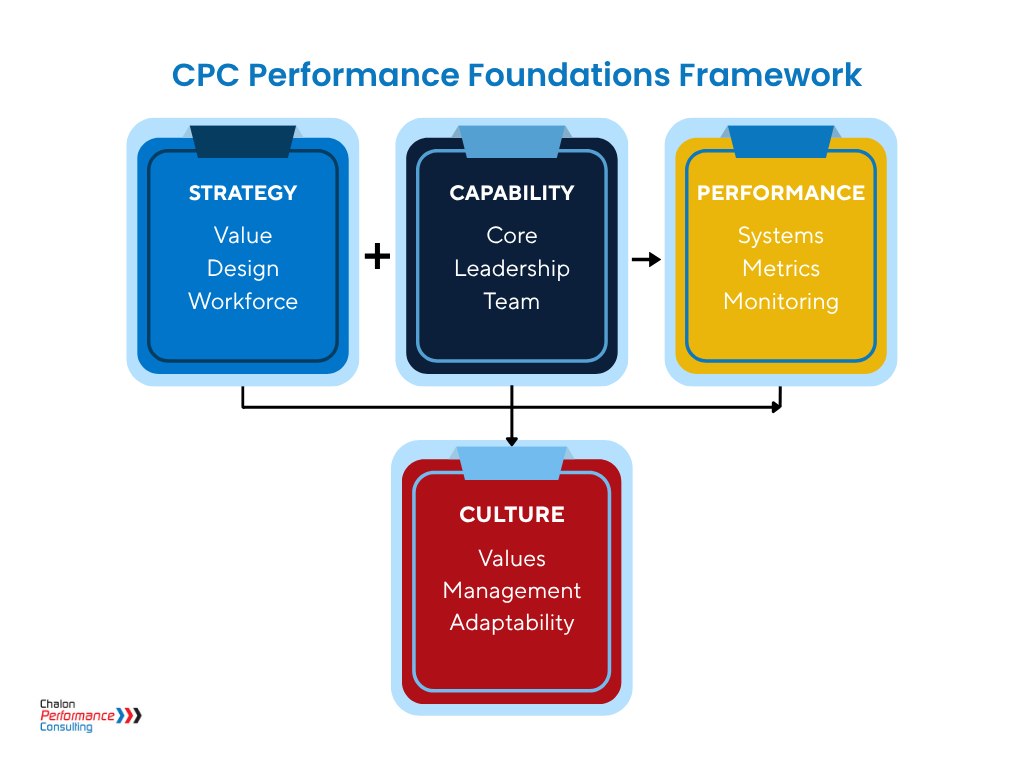Running a small business comes with its own set of unique challenges, but what if those challenges were actually your biggest strengths? Businesses that can think quickly, adapt on the fly, and keep innovating are the ones that succeed. And guess what? Smaller companies are already set up to do exactly that. This is where agile thinking becomes your secret weapon.
Agile thinking isn’t just for tech companies or Silicon Valley startups. It’s a mindset that any business can adopt, no matter the industry. It’s about responding to changes with speed, learning from mistakes, and constantly improving. For small and medium-sized enterprises (SMEs), this way of thinking isn’t just an option—it’s essential.
The Big Advantage of Being Small
If you’re running an SME, it’s easy to feel like you’re constantly competing with bigger companies that have more resources, more staff, and larger budgets. But what you might not realise is that your size actually gives you a massive edge.
1. Quick Decision-Making
In larger companies, making a decision can feel like moving through quicksand—slow and frustrating. You need multiple approvals, things get delayed, and by the time the decision’s made, the moment has passed. But in a small business, you can act quickly. If there’s a sudden change in the market, or if you want to try something new, you don’t have to wait for layers of management to sign off. You can just go for it.
Imagine you’re running a boutique café. You notice your customers are starting to ask for more plant-based options. In a large restaurant chain, it might take months to implement a new menu item. But you? You can get your team together, brainstorm some ideas, and have new dishes on the menu by the end of the week.
2. Closer Customer Relationships
Another key advantage is the relationship you have with your customers. In a smaller business, you’re likely more in touch with what your customers want because you’re interacting with them directly. This allows you to be more agile in how you serve them.
For example, let’s say you own a small marketing consultancy. You notice a lot of your clients are starting to ask about social media strategy. Instead of waiting for months to adapt your services, you can respond immediately by offering new packages focused on social media. You’re already tuned in to what they need, so you can adapt quickly.
3. No Red Tape
Big companies often get tangled up in their own processes. There’s a fear of breaking away from the “way things have always been done.” In contrast, SMEs have the freedom to experiment and try new things. And if something doesn’t work? No problem. You can pivot, learn from it, and move forward.
Agile Thinking Helps You Grow Smarter, Not Just Faster
Being agile is not just about moving quickly; it’s about being smart with how you use your resources, how you approach problems, and how you grow. Agile thinking is all about creating a business environment where change is expected and even welcomed, because it’s seen as an opportunity for improvement.
1. Empowering Your Team
One of the core principles of agile thinking is giving your team the autonomy to make decisions and solve problems on the spot. When your employees feel empowered, they’re more likely to bring new ideas to the table, take ownership of their work, and feel more connected to the company’s success.
Picture a small digital marketing agency where the team is empowered to make changes to campaigns based on real-time data. Instead of waiting for top-down decisions, they can adjust a strategy on the fly, delivering faster results and keeping clients happy.
2. Fostering Collaboration
In a smaller business, collaboration is key. Agile thinking encourages open communication and teamwork. This not only speeds up decision-making but also fosters creativity. When you bring people together from different parts of the business to brainstorm solutions, you often come up with better, more innovative ideas.
Let’s say you run a boutique clothing store, and you’re brainstorming ways to increase online sales. By bringing your sales, marketing, and design teams together, you can come up with creative ways to improve the customer experience, such as personalised styling advice or exclusive online discounts.
3. Adapting to Change
Businesses that can adapt quickly are the ones that thrive because the world is consistently changing. Agile thinking helps you do just that. Instead of seeing change as a disruption, it becomes an opportunity to evolve and grow.
Take the global pandemic, for example. Many small businesses were able to quickly shift to online services, introduce contactless delivery, or offer virtual consultations. This kind of adaptability allowed them not only to survive but to thrive while larger companies were still figuring out how to adjust.
Real-World Success Stories of SMEs Using Agile Thinking
Look at any SME that’s thriving, and chances are they’ve embraced some form of agile thinking. Take the story of a small marketing consultancy that was able to pivot its entire business model within weeks during the pandemic. They moved all their services online, offering virtual workshops and strategy sessions, while larger agencies struggled to adapt to the sudden change. This ability to think quickly and act swiftly helped them not only retain their clients but attract new ones.
Or consider a local café that introduced a plant-based menu after noticing a shift in customer preferences. The new offerings were an instant hit, allowing the café to grow its customer base without waiting months for approval from higher-ups or dealing with cumbersome processes.
Agility is Your Superpower
The truth is, small businesses have a massive advantage when it comes to agility. You can make decisions quickly, adapt to changes faster, and build closer relationships with your customers. You can turn these strengths into powerful drivers of growth.
So, don’t be afraid to think on your feet, empower your team, and take calculated risks. Agility is your superpower.














